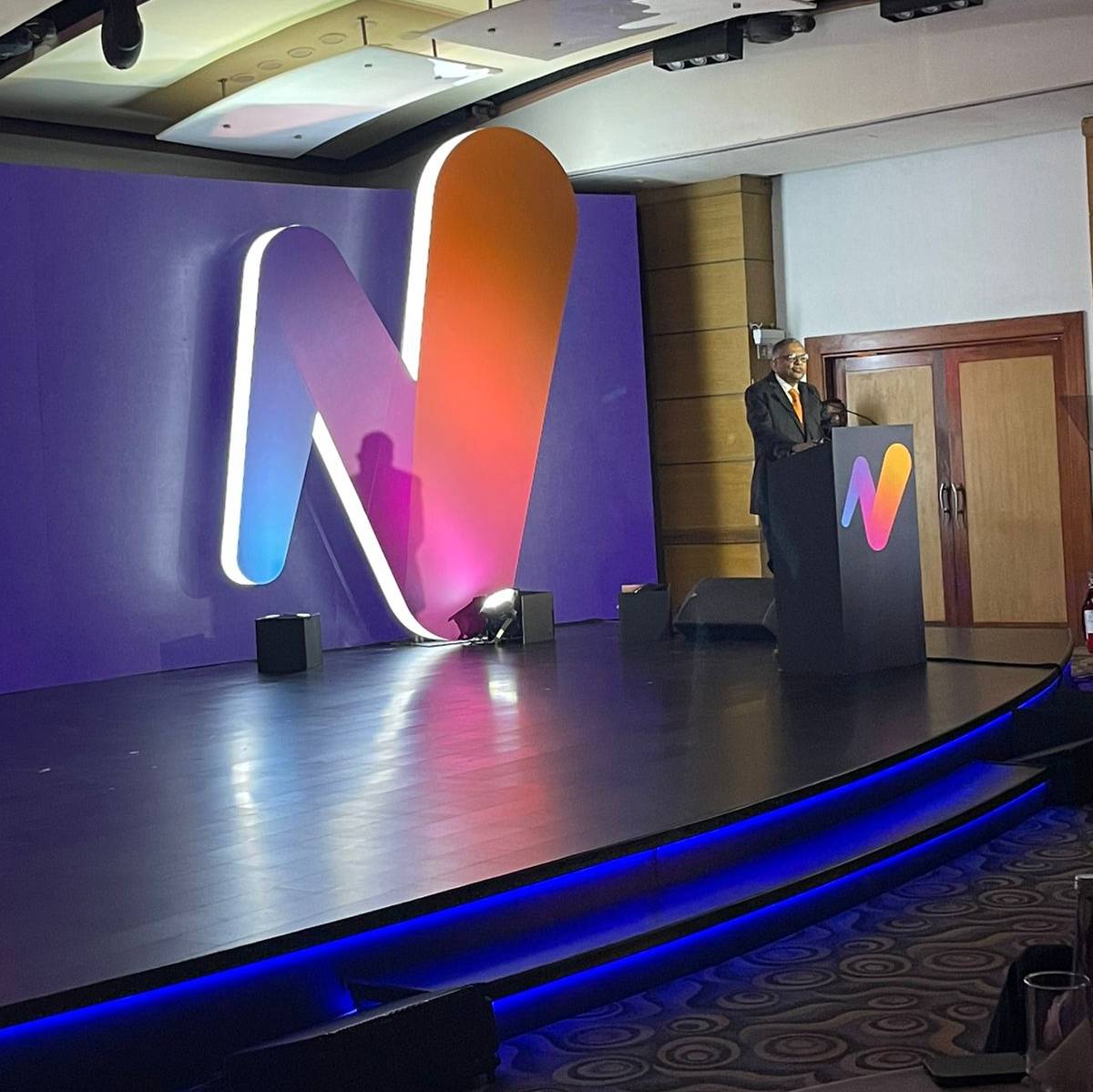- 52% homemakers switched to online purchasing in at least one category of essentials, while 15% homemakers used online ordering apps for the first time.
- 50% homemakers stated using OTT platforms for entertainment, and 55% respondents reported using online platforms for leisurely learning
- 48% homemakers preferred UPI and digital wallets. Security was the major reason among those who did not prefer UPI
- For the upcoming festive season, 28% homemakers would shop online and 24% would prefer couriering the gifts
Amritsar, NFAPost: Indian homemakers are increasingly adopting digital payments and online applications for both work and entertainment, according to the latest EY report ‘Sentiments of India: homemakers, backbone of our homes’.
The study explores shift in the behavior and consumption patterns of homemakers and their households across areas like digital adoption, increase in shopping basket size, festive spending, work ambitions, and the evolving social dynamics of homemaking. The findings are based on the survey responses of 385 Indian homemakers across the urban, adult population across India.
Festivities are likely to be smaller, more intimate, and more digital as homemakers may continue to feel cautious during the festive season. 84% of them mentioned that they would prefer celebrating with only members from their household and 44% wish to avoid crowded marketplaces.
The fear is stronger in high spenders with 52% likely to avoid visiting crowded marketplaces. Online sales are expected to pick up with 28% homemakers planning to shop online for most festive requirements.
Digital literacy
EY India Partner – Design Thinking and Digital Transformation Shashank Shwet said though there is an accelerated uptake of online shopping among homemakers, digital literacy remains a bottleneck for wider adoption of digital channels, especially in the older age categories.
“To eliminate this digital divide, brands should develop user-friendly interfaces specially designed for this segment. They should also leverage marketing campaigns and influencers from peer groups to educate homemakers about the safety and in-built security of online transactions,” said EY India Partner – Design Thinking and Digital Transformation Shashank Shwet.
Consumer baskets are growing, with room for experimentation and homemakers are turning to products and channels that help them save time and effort
Supply chain disruptions due to lockdowns meant lesser availability of preferred brands and homemakers were forced to try newer options. 35% homemakers have permanently shifted to newer brands in at least one of the grocery categories, indicating an increasing openness to try new brands.
Consumer products
To save time and effort, 52% of respondents increased usage of online services and digital payments, and 28% among high and medium-spend homemakers purchased convenience goods like standing mops, choppers.
EY India Partner and Leader, Consumer Products and Retail Pinakiranjan Mishra said brand loyalty is on test with homemakers open to trying and opting for different brands.
“To win in adversity, brands will need to build strong differentiators to hold on to their customer base. There also lies a potential for white label brands as consumers are now more open to trying out new products especially at better value. Brands can impact their top line positively by relooking at their product portfolio and optimising pricing and promotions especially in the upcoming festive season which will see attractive pricing, cashbacks and consumer financing schemes,” added EY India Partner and Leader, Consumer Products and Retail Pinakiranjan Mishra.
Digital wallet
Homemakers are rapidly adopting digital channels; however, digital literacy remains a bottleneck as only 48% homemakers preferred UPI and digital wallets for making payments. Among those who did not prefer UPI, 27% respondents cited security concerns as the biggest setback and 12% homemakers expressed willingness to learn. Further, 52% homemakers switched to online purchases at least one of the essential categories, while 15% used online ordering apps for the first time during the pandemic.
During the pandemic, approximately 50% homemakers stated using OTT platforms and online platforms for leisurely learning activities like cooking, gardening, yoga.
Gender stereotypes are being challenged and home making is becoming more gender neutral.
With lesser availability and assistance of domestic help, 64% of homemakers reported increased workload, however 63% homemakers stated that family members started assisting in household chores. Family members are now active decision makers and should evolve as a new target segment. In 27% households, family members assisted homemakers in ordering online and 48% of these homemakers delegated brand decisions to their family members.
Homemakers are looking for suitable support systems to unleash their entrepreneurial spirit and participate in the gig economy
Homemakers are eager to return or enter workforce due to increased family support and surge in remote working opportunities. 17% of younger homemakers (20-37 age group), are looking for work from home opportunities and 19% of them are using EdTech platforms to professionally upskill themselves. 15% of young homemakers were already working on implementing their business ideas and 6% are looking for funding or mentorship to support their ventures.
Homemakers undertake most of the household work and support their families unconditionally. While the work may not be included in formal economic metrics as it is seldom quantified in monetary terms, homemaking is indeed a full -time job. Social developments in the recent few years have given recognition and respect to homemakers. However, the pandemic has led professionals and the working class to experience the life of homemakers in the new normal.
The study, qualitative and quantitative research planned to understand in depth needs, challenges, motivations and triggers of homemakers. The insights are based on the findings of a survey of 385 homemakers, from different age groups, family types and spend categories across various cities.
EY is a global leader in assurance, tax, strategy, transaction and consulting services. The insights and quality services we deliver help build trust and confidence in the capital markets and in economies the world over.





